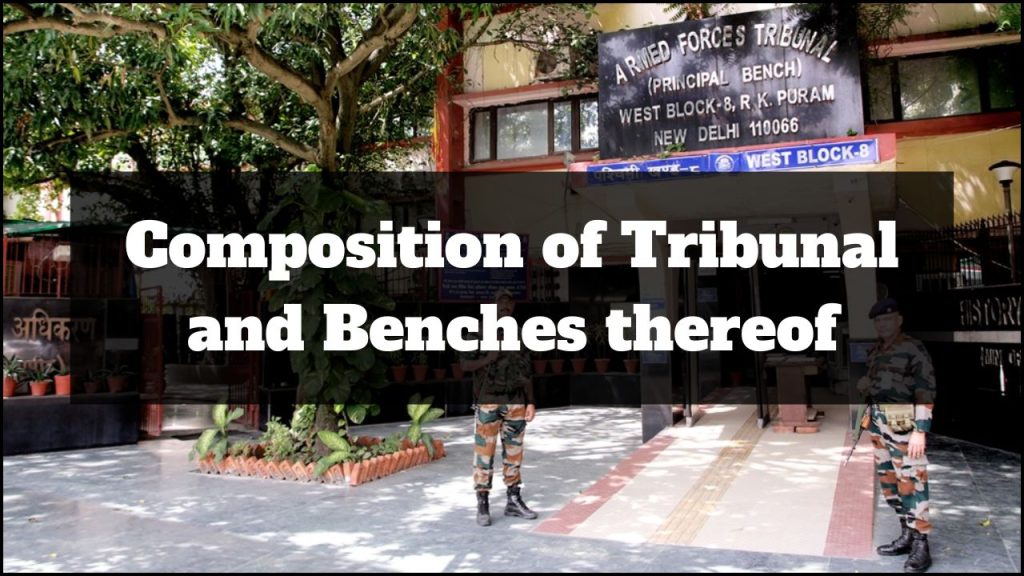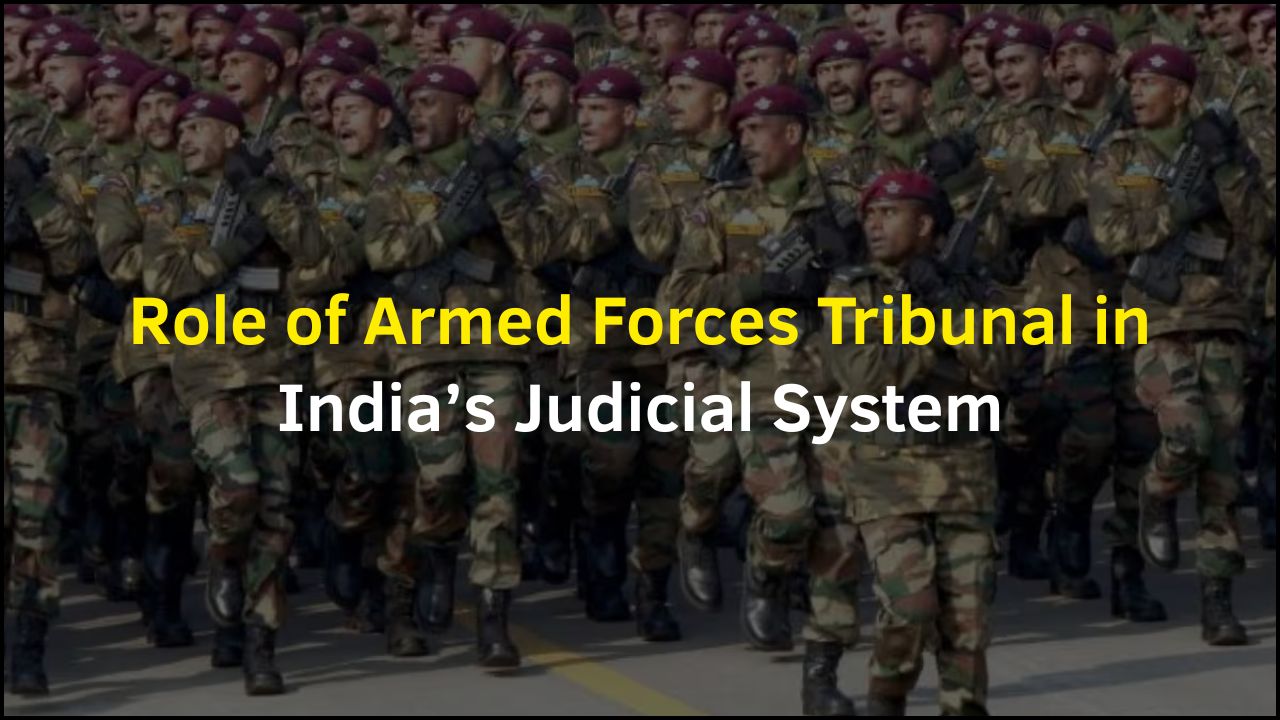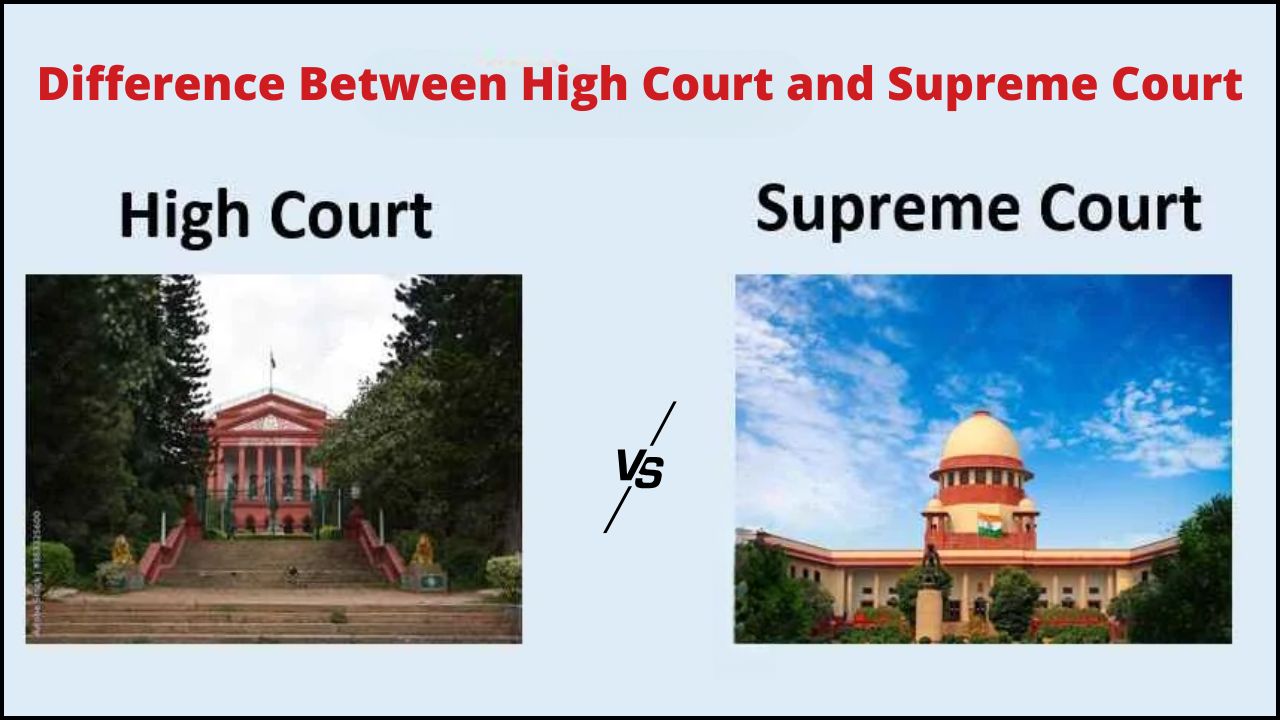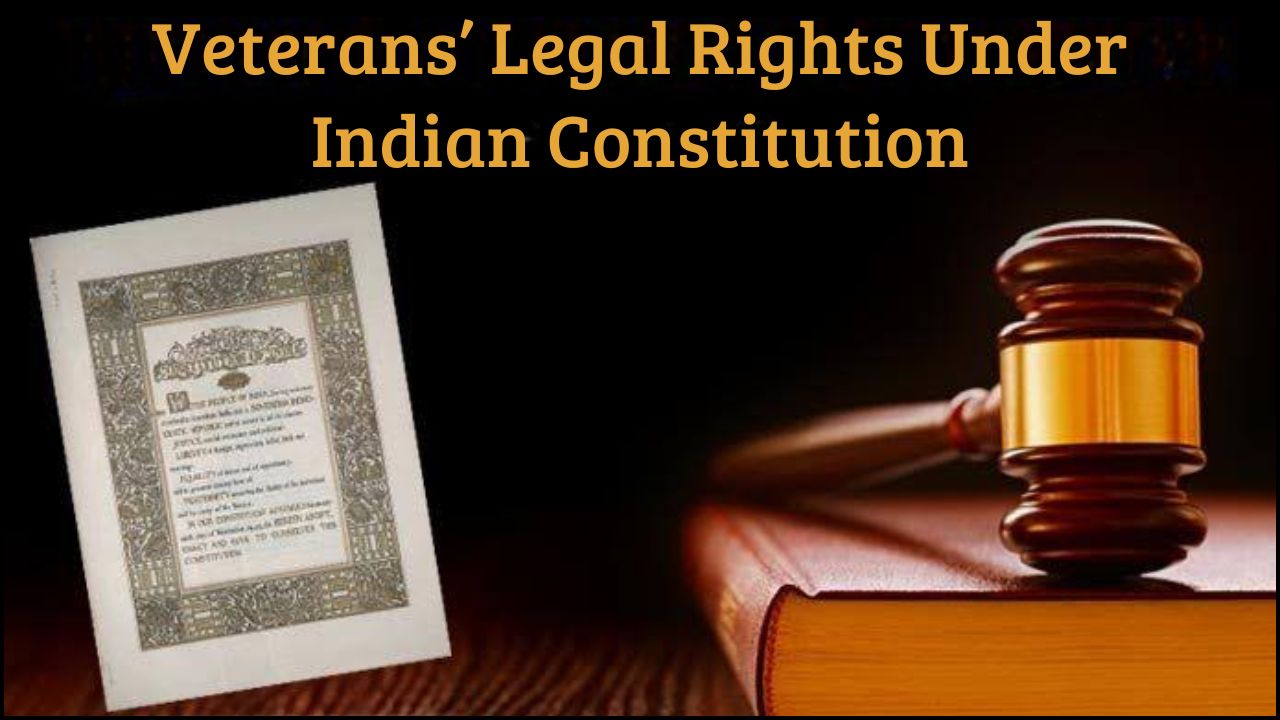
A tribunal is a special group of people who help solve problems or make decisions about certain things. They are different from regular courts because they only handle certain types of problems. These groups are made up of people who know a lot about the subject, so they can make fair and smart decisions.
Table of Contents
What is a Tribunal?
A tribunal is like a team of experts who help solve specific kinds of problems. These experts work together to make decisions about issues that normal courts might not handle. They are good at solving problems in areas like taxes, the environment, or other special topics.
- Special Team: A tribunal is made up of a team of people who are experts in something specific.
- Works Together: They work together to solve problems and make decisions.
- Helps with Specific Problems: They deal with certain types of problems that regular courts don’t handle.
Composition of a Tribunal
A tribunal is made up of different people with different jobs. Each person helps in their own way to make sure the decisions are fair and smart.
Who is in a Tribunal?
| Person | What They Do |
|---|---|
| Chairperson | Leads the group, makes decisions, and makes sure things are fair. |
| Members | Experts in different subjects, like law or science, who help make decisions. |
| Administrative Staff | Helps organize things, keeps track of papers, and makes sure everything runs smoothly. |
- Chairperson: The leader of the group, making the big decisions and keeping everything fair.
- Members: People who know a lot about different topics, helping the group make good choices.
- Administrative Staff: The helpers who keep things organized and make sure everyone knows what’s happening.
How Are Members Chosen?
The people in a tribunal are chosen by the government. They need to be good at what they do and have lots of experience.
- Chosen by the Government: The government picks them based on how smart and experienced they are.
- Special Skills Needed: They need to know a lot about their topic to help make decisions.
- For a Set Time: They usually work for a set amount of time and can keep working if the government picks them again.
What is a Bench?
A “bench” is the group of people in the tribunal who listen to a case and decide what should happen. Sometimes the bench is just one person, but sometimes it’s a group of people.
Different Kinds of Benches
| Type of Bench | What They Do |
|---|---|
| Single-Member Bench | One person makes decisions for easy cases. |
| Multi-Member Bench | A group of people works together for hard cases. |
| Specialized Bench | A group of experts in one area works together for very special cases. |
- Single-Member Bench: One person makes decisions when the case is simple.
- Multi-Member Bench: A group of people makes decisions when the case is more complicated.
- Specialized Bench: A special group of experts helps when the case is about something really specific, like taxes or the environment.
What Does the Chairperson Do?
The Chairperson is the leader of the tribunal. They make sure the hearings are fair and help decide the outcome.
- Leads the Meetings: The Chairperson makes sure everything goes smoothly and keeps the meeting fair.
- Makes Final Decisions: They make the final decision about the case or help guide the group to a decision.
- Keeps Things Fair: The Chairperson makes sure everyone has a chance to speak and the rules are followed.
Types of Tribunals and Their Benches
There are different kinds of tribunals, and each one has different people on its bench.
| Type of Tribunal | Who is on the Bench |
|---|---|
| Administrative Tribunal | Chairperson + 1 or 2 experts |
| Tax Tribunal | Chairperson + 2 experts (one for law, one for taxes) |
| Environmental Tribunal | Chairperson + 2-3 experts in the environment |
| Labour Tribunal | Chairperson + 1 or 2 experts (could be people from businesses) |
| Intellectual Property Tribunal | Chairperson + 2 experts (one for law, one for tech) |
| Consumer Tribunal | Chairperson + 1-2 experts who help with consumer issues |
How Do Tribunals Work?
Tribunals are made to help solve problems quickly. They are much faster than normal courts and handle issues that need experts. The process is simpler and makes it easier for people to get help.
What Tribunals Do
- Solve Problems: Tribunals listen to issues and make decisions to solve them.
- Use Experts: The members of the tribunal are experts who know a lot about the problem.
- Make Things Easier: Tribunals are simpler than regular courts, making it easier for people to get their problems solved.
Why Are Tribunals Good?
Tribunals have lots of good points compared to regular courts. They make decisions faster, and they are cheaper too.
| Good Things About Tribunals | Why They Are Good |
|---|---|
| Experts | Experts make the right decisions because they know the topic. |
| Faster | Tribunals make decisions quicker than regular courts. |
| Cheaper | They don’t cost as much money because the process is simpler. |
- Experts: The tribunal members know a lot about the case and can make good decisions.
- Faster: Tribunals work quickly, so problems get solved faster.
- Cheaper: Because it’s simpler, it costs less money to use a tribunal.
Final Thoughts
In conclusion, a tribunal is a group of smart people who help solve problems by using their knowledge. The Chairperson leads the group, and the members bring their expertise to help make decisions. With simpler rules, tribunals make it quicker and cheaper to solve specific problems, and they are a great way to get help when you need it.





